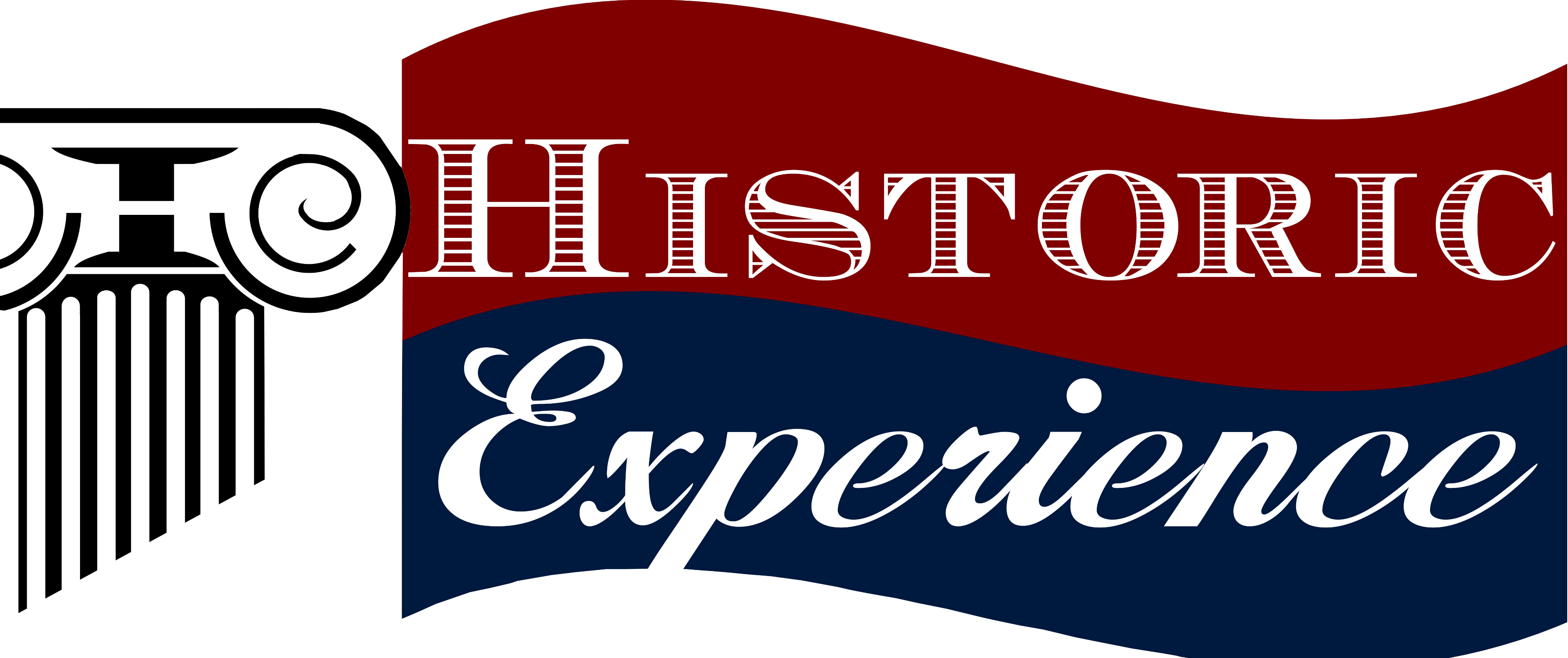April 30- George Washington's first inauguration
April 30 -
George Washington's first Inauguration
April 19, 1775: The Battle of Lexington and Concord – a pivotal moment in American history which has which has a little wobble on that pivot point. But it still makes a fair case for the journey toward American Independence.

John Adams
to Abigail Adams, 1 May 1789
Yesterday the President was Sworn, amidst the Acclamations of the People.— But I must refer you to Gazettes & Spectators.
This is another of those moments in American history where Adams is conspicuously silent. He had often spoke of knowing his letters would be read in the following decades and centuries, and some say he wrote with an eye toward not only his letter’s recipients, but we who look to those letters decades and centuries later. It does make me wonder about moments like this, where Adams refrains from comment, and leaves it to the newspapers.
The blurb above is the majority of what Adams had to say about the inauguration of the United States’ first President. The color commentary comes from newspapers, and from one of Adams’ primary haters, William Maclay. A senator from Pennsylvania (disliking Adams seemed to be a prerequisite for being a Pennsylvania representative – Joseph Galloway, John Dickinson, Maclay…), this member of the first Senate had kept the most extant journal of his Upper House’s proceedings. And while he was not part of a technical political party, his views were aligned with those who called themselves Anti-Administration – and his journal entries were thusly slanted.
The President advanced between the Senate and Representatives, bowing to each. He was placed in the chair by the Vice-President; the Senate with their president on the right, the Speaker and the Representatives on his left. The Vice-President rose and addressed a short sentence to him. The import of it was that he should now take the oath of office as President. He seemed to have forgot half what he was to say, for he made a dead pause and stood for some time, to appearance, in a vacant mood. He finished with a formal bow, and the President was conducted out of the middle window into the gallery, and the oath was administered by the Chancellor. Notice that the business done was communicated to the crowd by proclamation, etc., who gave three cheers, and repeated it on the President's bowing to them.
As the company returned into the Senate chamber, the President took the chair and the Senators and Representatives their seats. He rose, and all arose also and addressed them (see the address). This great man was agitated and embarrassed more than ever he was by the leveled cannon or pointed musket. He trembled, and several times could scarce make out to read, though it must be supposed he had often read it before...
From the hall there was a grand procession to Saint Paul's Church, where prayers were said by the Bishop. The procession was well conducted and without accident, as far as I have heard. The militia were all under arms, lined the street near the church, made a good figure, and behaved well.
The Senate returned to their chamber after service, formed, and took up the address. Our Vice-President called it his most gracious speech. I can not approve of this.
Journal of William Maclay, 30 April 1789
